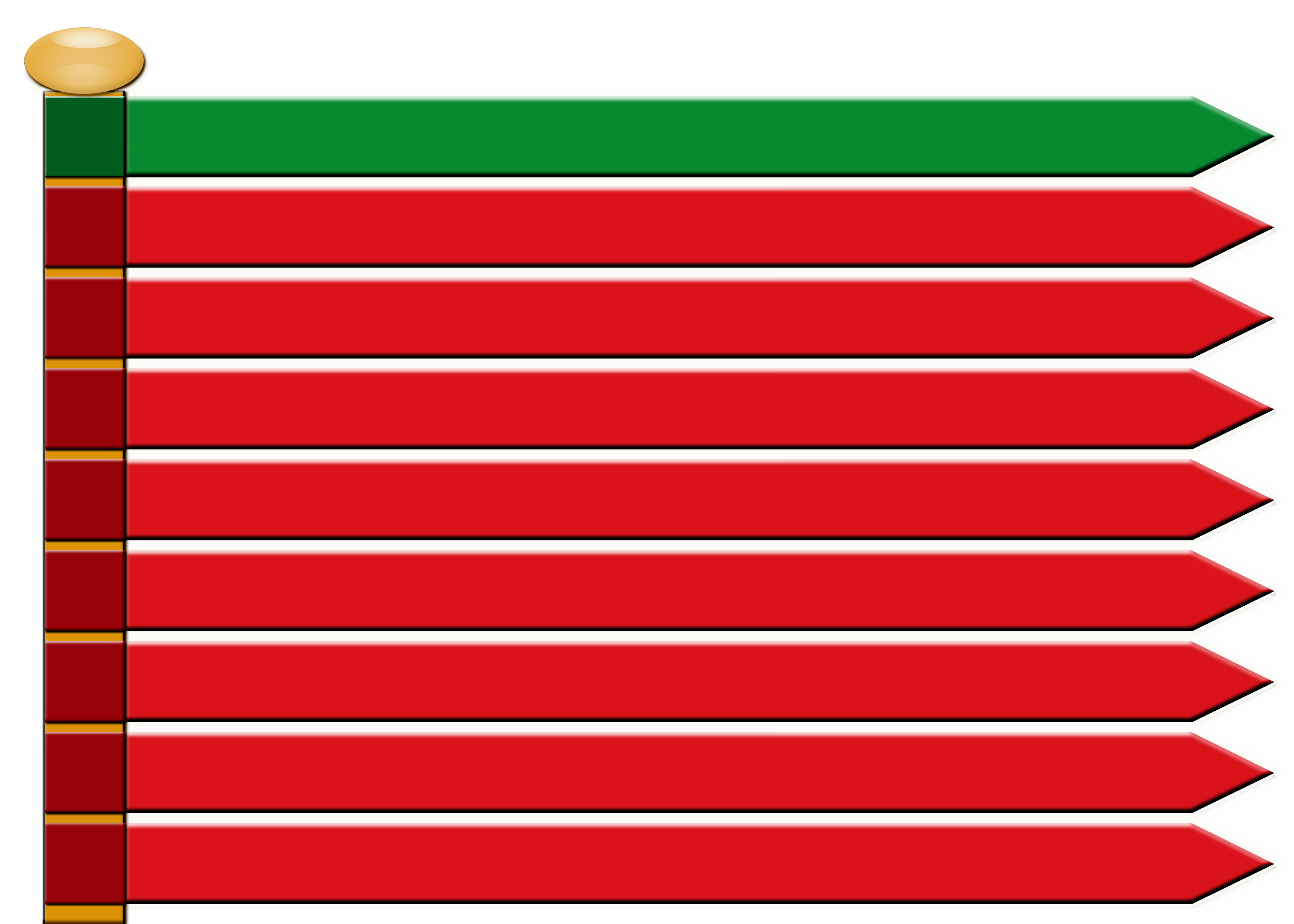|
If I were to go back, as per the new laws this email might be considered treason and result in up to 20 years behind the bars — but in the meantime please support Ukraine however you can.
Things I enjoyed reading
Fine dining felt like a mystery to me for a long time, and yet the moment I tried my first Michelin-starred dish I knew I was hooked. Here is a rather recent but nonetheless very similar experience:
How many flowers had the chef tasted to know that the little pink one goes best on asparagus? How many tried and failed attempts had gone into deciding just how much reindeer moss goes well with artichoke? What countries had he visited to learn what goes best with the finger lime? Or, in forests filled with mushrooms of every conceivable type, how had the chef decided to choose hen of the woods for me to enjoy today, right here in Birmingham?
Suddenly, they were not tiny little plates of food for big prices. They were experiences, knowledge and expertise, presented in such a way that I could have flown if I wasn't anchored to the restaurant floor by a crisp table topped with stacks of cutlery.
And while the answer to many questions might be boiled down to a few (ridiculously expensive) books, the amount of effort that goes into every single dish is still massive. Unless it's the petite four. I never undersood why they get overlooked pretty much everywhere (looking at you, Gordon).
A very interesting story about internals of PornHub, covering its early years and exponential growth:
I only learned about the adult industry through informal chats and secondhand conversation around the office. Competition in the porn world was cutthroat. A Manwin developer told me how, when they caught a competitor ripping off content from Pornhub to create a knockoff website, engineers placed a link to the offending website in a few pixels of the Pornhub homepage, where millions of people clicked daily. The resulting tsunami of web traffic swamped the pirate site and knocked it offline in minutes — the kiss of death.
Such a shame there are not that many companies people write long-reads about. Apple and Facebook, yes. Google, yes, albeit not that often. And that's pretty much it?
I grew up reading Kenji's researches for Cooks Illustrated - and as a preview of his upcoming book on cooking with a wok he talks a lot about his views of life and overall approach to cooking in this interview:
There’s something particular about a wok. It’s a pan that was never designed for one single specific use. Early cooking vessels were made of clay—they were made for drying grain, and then people realized, Oh, we can also sear things in this, and we can boil things. And then eventually they started being made of metal, so then, O.K., we can put this over high heat. The techniques that you use it for came after the tool, as opposed to it being a tool that was designed for one specific technique. It’s not going to sear a steak better than a cast-iron pan, it’s not going to necessarily braise your short ribs better than a Dutch oven, but it’s going to do all these other different things.
I am yet to find a decent wok capable of keeping my induction stovetop intact, but a good pan and a good knife are probably the only things a chef can't survive without.
The chances are, I already ask myself this question every time I leave the store with a bunch of bags and remembering how I walked in a few hours ago "just to grab glasses". My personal answer is, the meatballs.
These pure pieces of joy.
And yet seems like there is more going on behind the curtains:
Inside, customers are led through a preordained, one-way path that winds through 50+ room settings. The average Ikea store is 300k sq. ft. — the equivalent of about 5 football fields — and their typical shopper ends up walking almost a mile.
Want a lamp? You’re going to have to walk past cookware, rugs, toilet brushes, and shoehorns to get there.
Next time I will bring a map with me.
The modern society relies a lot on instant access to both the Internet and convenience of a personal phone, and there is more than one explanation of it.
“Just holding it made me feel good,” says Melumad, assistant professor of marketing at the Wharton School of the University of Pennsylvania, who studies the relationship between people and their phones. “It gave me a sense of ease or calm. It was similar to children who seek out their pacifiers when they are stressed. For many of us, our phone represents an attachment object, much as a security blanket or teddy bear does for a child.”
I tried leaving the phone in a different room a few times before going to sleep, and while the world didn't shutter I didn't feel at easy either, and didn't repeat the experiment ever again.
Only a few drinks I've ordered over the last year were served in ceramic cups, and in my mind it was mostly to make the garnish more noticeable. However there are also people doing it to change the texture and tactile experience:
Matt Whiley, a bar owner in Sydney who now serves cocktails out of ceramics, plays on the unique sensorial aspects of clay cups, like colour and temperature, to surprise his guests: "You can change a person's perception of what something tastes like based on the colour of the ceramics," he told Good Food. "You can also change the depth of the drinking experience and the temperature as well. If you put ice in a ceramic in a freezer it stays cold for a long time."
I've also tried drinking wine out of goblets, and that wasn't too bad. A decent crystal wine glass is still my cup of tea though.
A really curious read on the origins of the iPhone:
EARLY 2004: Apple commits to collaborating with Motorola, and eventually Cingular, for what will become the ill-fated Rokr, a phone designed and developed by Motorola with support for music from the iTunes Store. (But not over-the-air downloads or purchases!) Jobs’s thinking at the time was that they didn’t want to make a phone themselves because he didn’t think Apple could do it their way, building exactly the phone they themselves wanted to build, because of the complete control exerted by the carriers over every detail related to handsets
I didn't know (although suspected) that there were way more steps in its history before the official announcement and related engineering work. Wonder what's in the making these days?
This is a slightly different approach to organising thinking process around a problem (which could be pretty much anything, from a project to a question):
I have a special term for a specific kind of work project: headaches. These projects have multiple steps, usually require the input and participation of several people, and tend to take place over weeks or months. They might also have several unknown variables. Often, these projects aren’t particularly hard, they’re just— stressful. The term “headache” feels like an apt description for this kind of complicated project.
The article also covers a bunch of tools that might aid the problem solving. I usually resort to a pen and a paper, albeit pretty much forgot how to write by hand, although next time might actually pick something up from the list.
Coding APIs is easier than designing them, and that applies both to external APIs meant to be consumed by external developers and to the internal APIs meant to be used by teammates in a project. This post covers the thinking behind the planning process quite well:
Developers don't want to learn your API, they want to solve a problem and move on. As such, you should try to minimize the amount of learning they have to do. In a simple domain, you can have an ideal ladder with only one step. Once developers learn that step, the API helps them solve every problem in its domain. The worst ladder makes them learn a lot upfront but then helps them solve comparatively little.
I like the ladder metaphor a lot as it gives the appropriate scale between the problems an API is meant to solve and the effort required to achieve the results.
While the title might be a bit straightforward, the main idea is that changing the job requires a bit more than a hot market:
If you’re leaving for more money or safety, I will never argue. If you’re leaving for a different type of experience (e.g., remote work vs. in-office, big co vs. start-up) or for different company culture, I won’t argue at all. If the environment is not toxic or not draining your energy and you’re still learning, then why leave the company? If you’re leaving your company because the market is hot right now and your company can’t give you a raise that might not even change your life, then maybe you should question again. Don’t get caught in the ~great resignation~ current job-changing wave.
At the same time, to me the current situation on the market easily covers everything else: as companies are desperate for developers, the compensation packages are increasing and gradually include way more than mere health insurances (I got approached by folks willing to provide a car and cover rent recently, something I thought was available only to bankers).
Things I didn't know last Tuesday
A decade ago Burger King ran a campaign to give a free whopper to anyone who deleted 10 friends on Facebook.
CP&B, after all, was the creator of the "Whopper Sacrifice" phenomenon, a Burger King ad campaign on Facebook that promised a coupon for a free hamburger if participants deleted 10 people from their friends lists on the social network. It was a wild success: the Facebook application was installed nearly 60,000 times in a matter of days, nearly 20,000 Whopper coupons were sent out, and well over 200,000 Facebook friends were deleted.
Facebook banned the program a week later as Burger King was sending direct messages to people letting them know that they'd been dropped for a sandwich.
Most flags get ripped by strong winds of they hang outside for too long, but this one is actually designed like that:
This flag is not only truly original, but as well one of the oldest in the world. It is composed of a green strip and eight red strips, all of them detached from each other.
Strips represent victories:
| 




